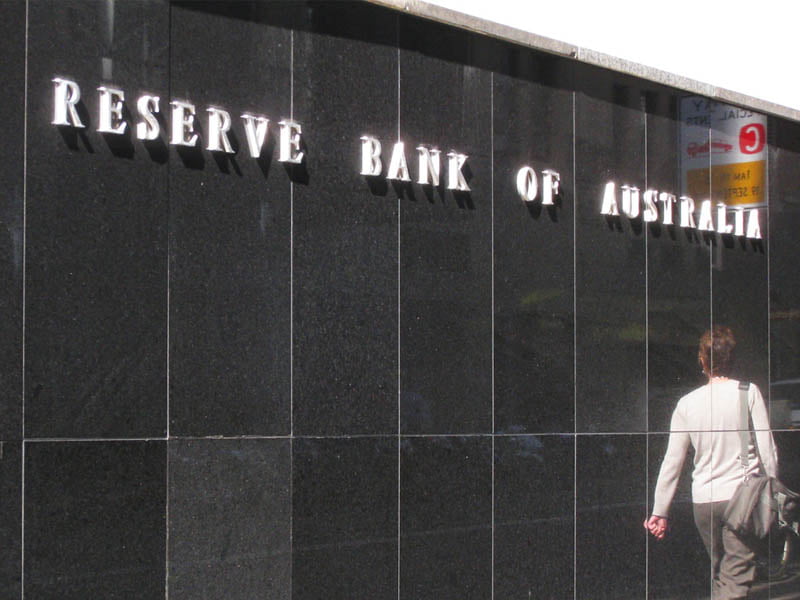The Australian digital identity ecosystem is “fragmented and siloed”, leading to security and privacy concerns, according to Reserve Bank governor Philip Lowe.
At an address to the 2019 Australian Payments Network Summit, Mr Lowe said Australia lagged behind the rest of the world on digital identity, and urged the big banks to build services that are interoperable with each other and with the federal government offering.
“Today, our digital identity system is fragmented and siloed, which has resulted in a proliferation of identity credentials and passwords. This gives rise to security vulnerabilities and creates significant inconvenience and efficiencies, which can undermine development of the digital economy,” Mr Lowe said.

“These generate compliance risks and other costs for financial institutions, so it is strongly in their interests to make progress here. It is fair to say that a number of other countries are well ahead of us in this area.”
The Payment Systems Board quietly completed the first version of the TrustID digital identity framework, which sets out the requirements needed to create an “interoperable network of competing digital identity solutions in Australia”, earlier this year.
The framework was designed to be compatible with the federal government’s own digital identity program, GovPass, with plans for the big banks’ services to be accredited under the Trusted Digital Identity Framework (TDIF).
The Digital Transformation Agency is consulting for a fourth time on the TDIF to open it up to the big banks, and the Coalition would need to introduce legislation to allow the private sector to be involved, along with state and territory governments.
The government’s own myGovID and Australia Post’s service have already been accredited as trusted digital identity providers. With several big banks developing their own services, the hard part would be to ensure these are all able to compete but also work in tandem, Mr Lowe said.
“The challenge now is to build on these frameworks and develop a strong digital identity ecosystem in Australia with competing but interoperable digital identity services,” he said.
Using digital identity in banking will help to reduce the risk of identity fraud with the launch of open banking next year, Mr Lowe said.
“A strong digital identity system would also open up new areas of digital commerce and help reduce online payments fraud. It will also help build trust in a wide range of online interactions, he said.
“Building this trust is increasingly important as people spend more of their time and money online. So we would like to see more concrete solutions developed and adopted here.”
The government’s troubled digital identity project has been criticised for running behind schedule and over-budget, with concerns over a focus on building new solutions rather than buying off-the-shelf solutions. It has also been criticised for building two government solutions, one from the Australian Taxation Office and the other by Australia Post.
Mr Lowe also slammed the “slower than promised roll-out” of the New Payments Platform, and called on the banks to get behind the system to encourage the development of innovative functionality.
“Some banks have been reluctant to commit time and funding to support the development of new functionality given that others have been slow to roll out their ‘day one’ functionality,” he said.
“The slow roll-out has also reduced the incentive for FinTechs and others to develop new ideas. So we have not yet benefited from the full network effects.”
Do you know more? Contact James Riley via Email.

